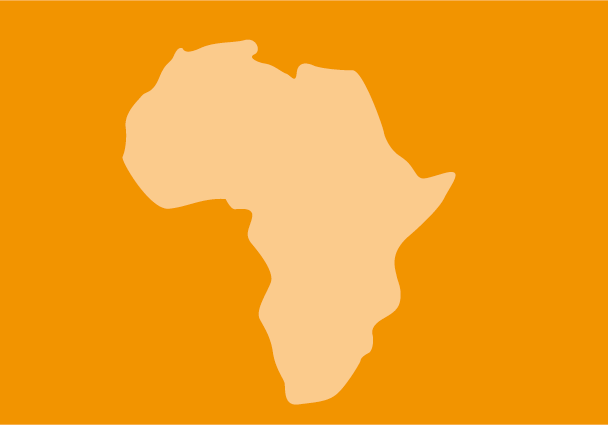
Nov 1, 1994
The IICJ, on behalf of the European Economic Community, commissioned a team of African experts to monitor the parliamentary and presidential elections in Malawi that took place on 17th Mav 1994.
This mission was a follow up on an earlier mission of the ICJ that monitored the referendum conducted in June 1993 regarding the issue of whether or not Malawi would adopt a multiparty form of government.
The general terms of reference of the observer group were: To monitor the impartiality of the electoral authorities; the complete freedom of association, movement, assembly and expression of support of the alternative groups; verification that the voters polls are properly drawn up, that qualified voters are not denied identification and registration cards or the right to vote; to report to the electoral authorities on complaints, irregularities and interference reported or observed, if necessary requesting the electoral authorities to take action to resolve or rectify all activities related to the organization of the poll, and to prepare periodic reports on the fairness and freedom of the different stages of the electoral process.
Malawi-elections-mission report-1994-eng (full text inEnglish, PDF)
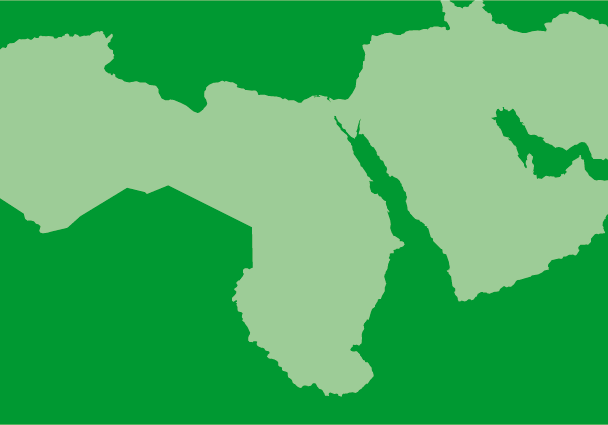
Oct 20, 1994 | News
The ICJ deplores yesterday’s outrageous killing of civilians in Tel Aviv which claimed 22 Israeli lives and tens of other injured persons.
Those responsible for such an act should be brought to justice.
The ICJ is concerned over the potential consequences of this shocking killing. In retaliation, other innocent lives might be targeted. The ICJ calls upon all parties to end the vicious circle of violence.
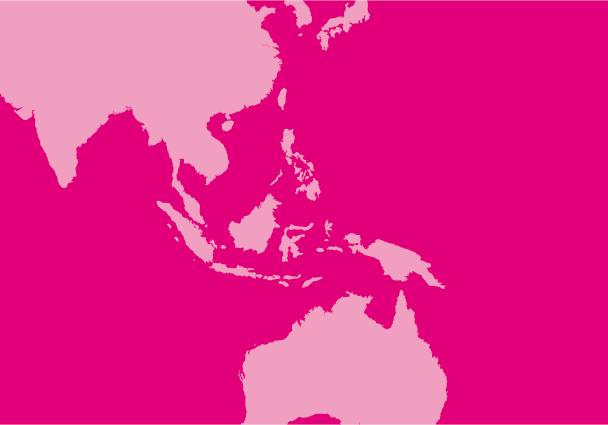
Sep 20, 1994
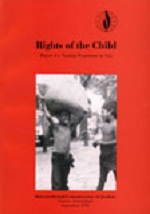 In September 1993 a training programme was held in Lahore, Pakistan, for persons working in children’s organizations in Asia. It was organised by the ICJ and the AGHS Law Associates, Lahore.
In September 1993 a training programme was held in Lahore, Pakistan, for persons working in children’s organizations in Asia. It was organised by the ICJ and the AGHS Law Associates, Lahore.
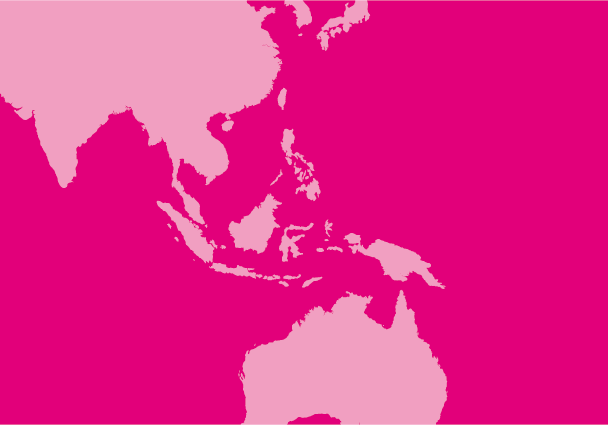
Aug 23, 1994 | News
The ICJ expresses its appreciation to the Commissioner of Elections of Sri Lanka for the invitation extended to it to send observers to the recently concluded parliamentary general elections.
The ICJ observers were its commissioners Justice Dorab Patel, former judge of the Supreme Court of Pakistan, Emeritus Chairman of the Pakistan Human Rights Commission and former Chief Chairman of the Pakistan Elections Commission; and Dato’ Param Cumaraswamy, UN Special Rapporteur on the Independence of the Judiciary and President of Lawasia.
They joined 42 international observers from 12 countries and their task was to assess and evaluate whether the elections had been free and fair. The ICJ Commissioners reported that they were “generally free and fair” except for the elections in the districts of Jaffna and Vanni.” The reason being that Jaffna and Vani, situated in the north of Sri Lanka, have been subjected to armed confrontation between the Sri Lanka security forces and the Liberation Tigers of Tamil Eelam (LTTE) and, consequently, the government controls only 20% of the land in Jaffna. The observers reported that in both districts people had been subjected to extensive intimidation by an armed political group who also presented candidates for the election.
Elections throughout the 22 Electoral Districts of the country including Jaffna and Vanni proceeded on 16 August 1994. The observers stated that “the elections in those two districts were not only not free and unfair,” but that “the genuineness of the same elections is questionable.” They added, “We express our concern over the impact of the outcome of the elections in those districts on the outcome of the overall results of the General Elections.” The ICJ Commissioners nevertheless concluded that “otherwise the election had been conducted with the highest democratic standards in difficult circumstances” and expressed their great admiration to the electorate of Sri Lanka who turned out in large numbers.
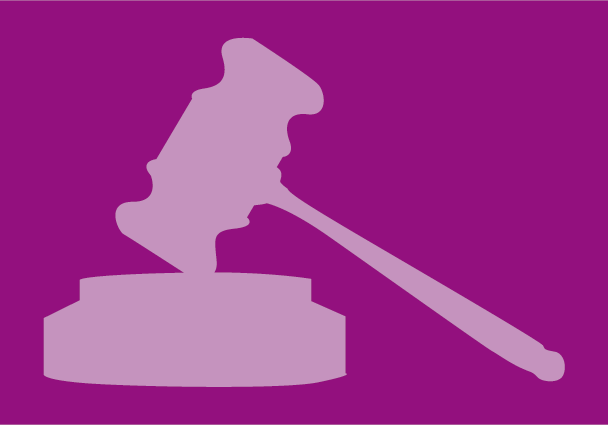
Aug 1, 1994
In times of transition, the judiciary needs to be given special attention. This period is essential to restore the balance between the three state authorities, to empower the judiciary to become a separate and equal power. As such, it can fullfil its role as the main protector of human rights.
This third issue of the CIJL Yearbook contains:
- Editorial, by Mona Rishmawi
- Seminar on Judicial Functions and Independence in Cambodia: report of the seminar
- Seminar: towards an Independent Palestinian Judiciary, with the following documents:
- The Independence of the Judiciary and the Rule of Law, by Adama Dieng
- The Palestinian Courts and Human Rights, by Raji Sourani
- Legislative Protection o f Human Rights Norms, by Michael Ellman
- How to Build a Judiciary that Protects Human Rights, by Paul Gomez
- The Role of Lawyers and their Bar Associations, by F.S. Nariman
- Lawyers in the West Bank, by Ali Guzlan
- Lawyers in Gaza, by Fraih Abu Middien
- Basic Text: Resolution 1994/41 of the UN Commission establishing a Special Rapporteur on the Independence of the Judiciary
CIJL Yearbook-judiciary in transition-III-1994 -eng (full text in English, PDF)
CIJL Yearbook-judiciary in transition-III-1994 -fra (full text in French, PDF)
CIJL Yearbook-judiciary in transition-III-1994 -spa (full text in Spanish, PDF)




 In September 1993 a training programme was held in Lahore, Pakistan, for persons working in children’s organizations in Asia. It was organised by the ICJ and the AGHS Law Associates, Lahore.
In September 1993 a training programme was held in Lahore, Pakistan, for persons working in children’s organizations in Asia. It was organised by the ICJ and the AGHS Law Associates, Lahore. 




